Justice Shah questions president's role
The unilateral determination made without such consultation may lack legal validity, he pointed out
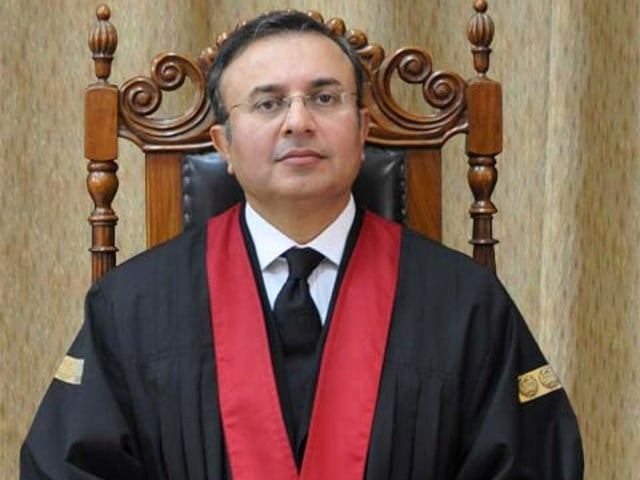
Despite the Judicial Commission of Pakistan (JCP) approving, by a slim margin of one vote, the nomination of Justice Sardar Sarfraz Dogar as the Islamabad High Court's (IHC) chief justice, Justice Syed Mansoor Ali Shah has raised serious constitutional concerns regarding the president's determination of judges' seniority at the IHC.
Sources reveal that one day before the JCP meeting, Justice Shah addressed a letter to the commission secretary, expressing his reservations over a presidential notification dated June 27, which fixed the seniority of IHC judges.
In the letter, Justice Shah noted: "With due deference, it appears that this action was taken without the constitutionally mandated consultation with the Hon'ble Chief Justice of Pakistan and the two respective Chief Justices of the High Courts under Article 200 of the Constitution."
He said that in his view, the requirement of consultation was a binding constitutional mandate and was not a matter of executive discretion that could be conveniently sidelined.
The unilateral determination made without such consultation may lack legal validity, he pointed out.
He added that while the Supreme Court had directed the president to decide on the seniority of transferred judges, such compliance must still operate within constitutional boundaries.
"The presidential action in question appears to have been taken in undue haste, which raises concerns about the transparency and propriety of the processconcerns that may merit constitutional scrutiny," he cautioned.
Justice Shah further pointed out that Article 200 of the Constitution contemplates the temporary transfer of judges, not permanent relocation.
"Treating such a transfer as permanent — and accordingly fixing seniority on that basis — could raise serious constitutional questions, particularly where the foundational procedural safeguards appear to have been bypassed."
Calling for institutional caution, Justice Shah stressed that the matters raised in his letter warranted careful reflection before any further steps were taken.
"I wish to emphasise that these are preliminary concerns, and I remain fully respectful of the judicial process and the ultimate authority of the Supreme Court of Pakistan to conclusively settle these matters," he stated.
He urged the JCP to delay its decision regarding the appointment of the IHC Chief Justice until the Supreme Court resolves the underlying constitutional issues.
"Proceeding further at this stage may risk unsettling foundational constitutional principles, including the rule of law, separation of powers, and judicial independence," he warned.
Justice Shah also requested that his letter be officially presented before the commission and its contents recorded in the meeting's minutes.
He clarified that the presidential notification dated June 27, 2025, necessitated the letter, adding: "All observations made in the letter are tentative, offered without prejudice, and subject to the final determination by the Supreme Court on the relevant constitutional issues currently under consideration."
Meanwhile, it is learnt that Chief Justice of Pakistan Yahya Afridi made a concerted effort to garner support for the nomination of Justice Mian Gul Hassan as the IHC Chief Justice. However, his attempt was unsuccessful.
Notably, Justice Aminuddin Khan, a fellow judicial member, cast his vote in favour of Justice Dogar.
Former judge Shaukat Aziz Siddiqui also strongly endorsed Justice Dogar's nomination as IHC CJ.
Attention is now turning to when a constitutional bench committee led by Justice Aminuddin Khan will schedule a hearing on the intra-court appeal filed by five IHC judges. The appeal challenges the previous endorsement of the transfer of three judges from different high courts to the Islamabad High Court.
With summer vacations underway, the formation of the bench remains pending. Justice Jamal Khan Mandokhail abstained from the voting process.
The final composition of the bench will be critical in determining the fate of the intra-court appeal filed by the five IHC judges.
Justice Shah is currently out of the country.

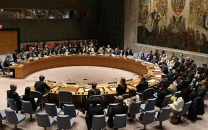
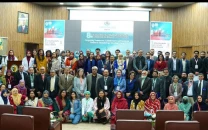
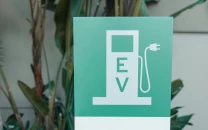


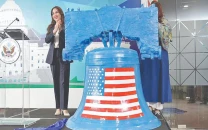
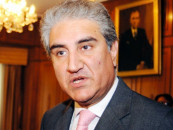












COMMENTS
Comments are moderated and generally will be posted if they are on-topic and not abusive.
For more information, please see our Comments FAQ